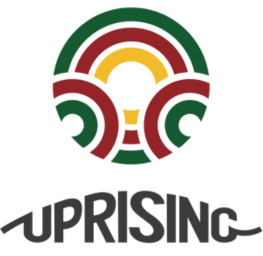
05 Jun Why growth doesn’t happen at the finish line
In a results-driven world, we’re conditioned to measure our worth by achievements. Finish lines. Metrics. Public wins. But what if that lens is limiting your growth? At Uprising, we flip the perspective: growth doesn’t happen at the finish line—it happens daily. And yes, growth doesn’t happen at the finish line but through process.
It’s not about the medal. It’s about how often you showed up silently, with no applause. It’s not about the perfect performance. It’s about who you became while preparing for it. That’s why we train—and why we remind everyone we coach:
You do not rise to the level of your expectations. You fall to the level of your process.
Discipline is the foundation of strength
Discipline is often misunderstood as restriction or rigidity. In reality, it’s the opposite. Discipline creates freedom—freedom to show up without overthinking, to trust your actions in high-pressure moments, and to perform at your best when nothing feels easy.
At Uprising, we don’t train for perfection—we train for consistency under pressure. That’s where transformation lives. Research shows that self-discipline is one of the strongest predictors of long-term performance and emotional resilience. It’s not just an athletic trait—it’s a life skill.
Discipline is what gets you up early when no one’s watching. It’s the quiet decision to rest when needed, rather than overtrain and burn out. It’s sticking to your breathwork or mobility routine, even when you’re tired, because you’ve built a relationship with yourself that doesn’t negotiate with excuses.
Extreme self-discipline is less about being tough and more about being intentional. It’s about aligning your daily choices with your long-term identity.
The process builds identity—not just results
When goals become everything, we risk tying our self-worth to outcomes we can’t always control. But when the process becomes the priority, progress becomes inevitable—and sustainable.
You don’t become a better athlete or a stronger person by winning once. You become one by training, like that’s who you are—even on your worst day. That’s the power of identity-based training: focusing not on what you want, but on who you need to become to get there.
Research in sports psychology supports this shift. Athletes who view their performance as an expression of their inner process (not their outer status) tend to stay focused longer, adapt faster, and bounce back more easily after failure.
Your daily actions are votes for the identity you’re building. The process doesn’t just prepare you for success—it turns you into someone who can handle it.
Discomfort isn’t a barrier. It’s the training ground.
Discomfort often gets a bad reputation. We associate it with danger, failure, or struggle. But discomfort is the threshold between who you are and who you could become. Learning to move through it—not around it—is one of the most powerful skills you can cultivate.
That doesn’t mean ignoring pain or pushing blindly. It means recognizing that real growth happens slightly outside your comfort zone, where you’re stretched but not snapped.
This is where mental training becomes essential. You need to stay focused when things go sideways. To regulate your breath when panic rises. To reframe failure as feedback—not as a signal to stop, but as a cue to adjust.
Across disciplines, from elite coaching to grassroots sports, grit and resilience are forged through repeated exposure to challenge. Discomfort is the medium. It’s the weight that builds the muscle, mentally and physically.
You don’t need more motivation. You need a system.
Motivation will fail you. It’s inconsistent, emotional, and often disappears when things get hard. What keeps you grounded is a system—a structured process that you can lean on when motivation runs dry.
A process creates rhythm. It creates automation in decision-making. It removes the mental friction that leads to burnout. This is why we build training environments around rituals and non-negotiables: structured warm-ups, recovery protocols, check-ins, breathwork, and reflection practices. These don’t just build athletes. They build systems that hold people accountable to their best selves.
Developing mental toughness isn’t about “powering through.” It’s about building internal architecture that allows you to navigate pressure, regulate stress, and stay on track, especially when life isn’t cooperating.
The more repeatable your process, the less you rely on how you feel in the moment—and the more you train from identity.
Fall in love with the reps
The process will test you. It will be repetitive. Boring. Humbling. But every rep—physical or mental—is casting a vote for who you’re becoming.
Don’t train for glory. Train for truth. For clarity. For the strength you build when no one’s watching. The finish line will come. But what will matter most isn’t what you achieved—it’s how many times you chose to become the person who could get there.
At Uprising, we believe that discipline isn’t about control. It’s about trust—trusting the process, trusting the practice, and ultimately trusting yourself.
Because in the end, growth doesn’t happen in the outcome.
It happens in choosing to keep going—one honest rep at a time.





No Comments